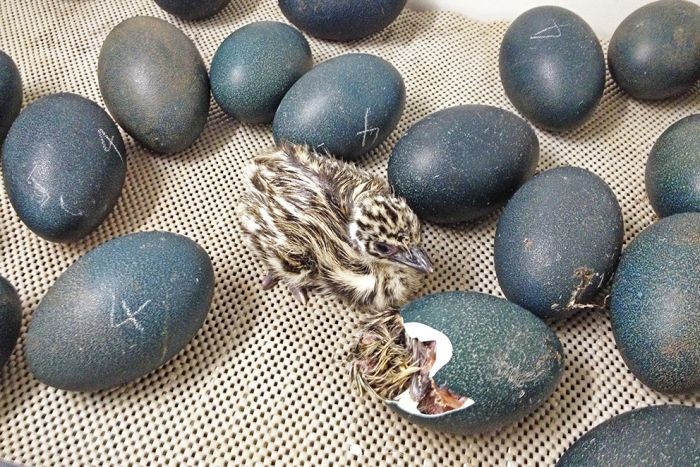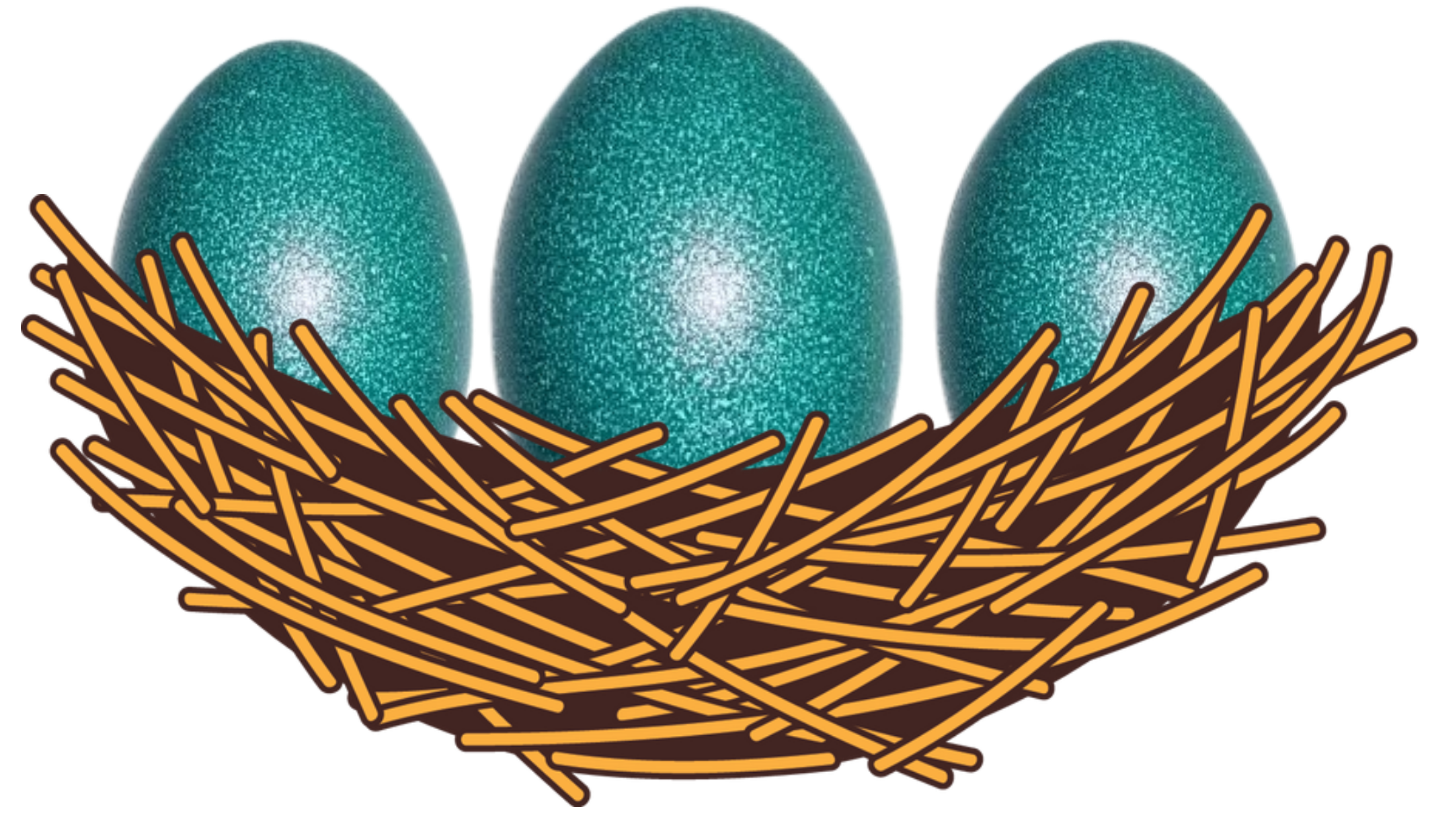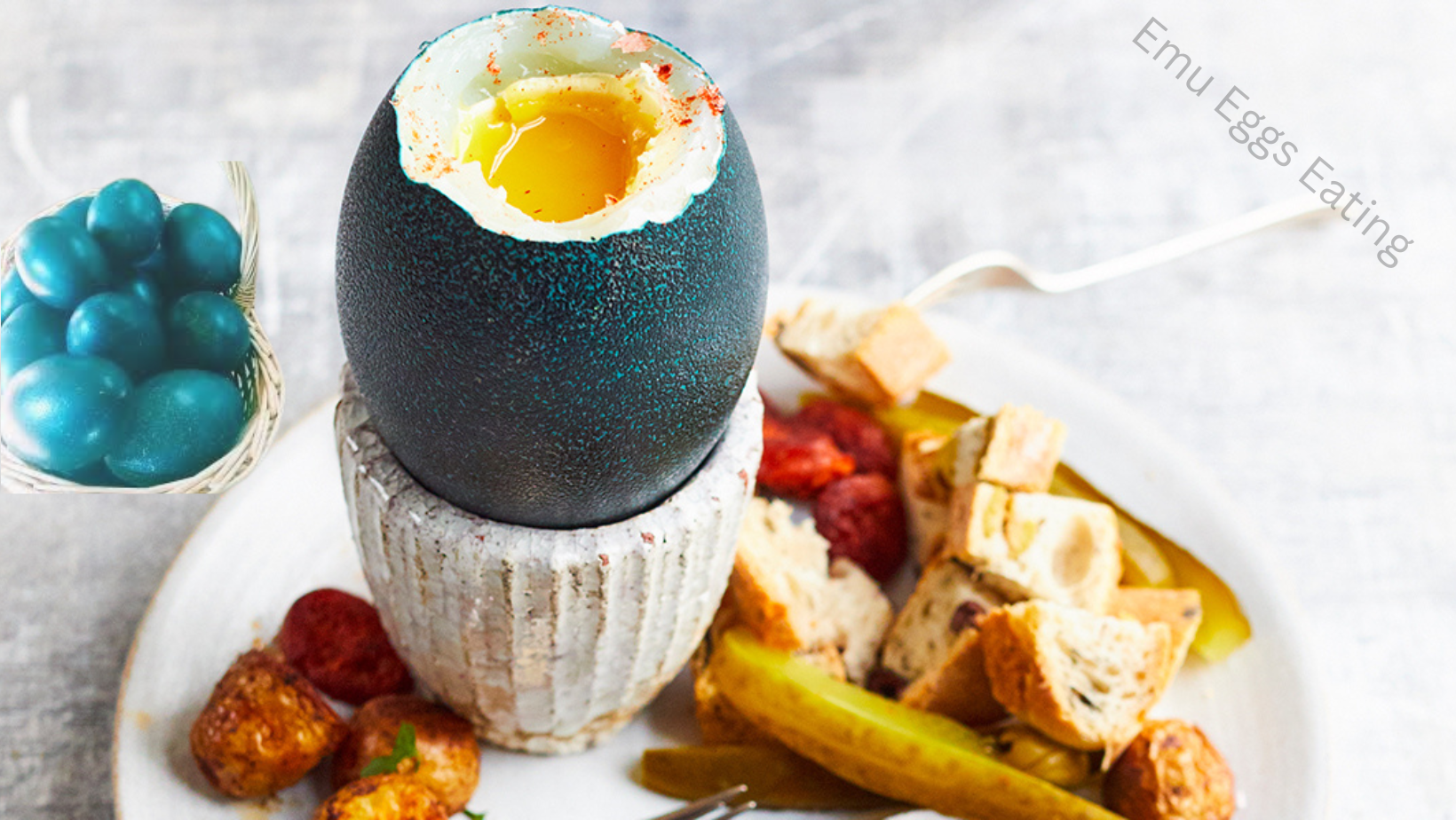Emu egg apart from its more common is not just its size or striking appearance. You see, emu eggs aren’t just meant for hatching into new life they also serve as a culinary delicacy, offering a unique taste experience senses .Emu eggs, into the fascinating story behind these from their origins in the wild to their place on our dinner tables, we’ll explore the intricate balance between nature’s ingenuity and human innovation.
Nutritional Value
Nutrition, emu eggs stand as a hidden gem, packed with goodness waiting to be discovered. While they may not be as their chicken counterparts, these eggs boast a nutritional profile that’s worth a second look.
Emu eggs areoffering a generous serving of highquality protein that’s essential for muscle repair, growth, and overall health. But protein is just the beginning. Emu eggs are also rich in essential vitamins and minerals, including vitamin D, vitamin E, vitamin B12, and omega-3 fatty acids.
In essence, incorporating emu eggs into your diet can be a smart choice for boosting your nutritional intake and supporting overall health. So, whether you’re whipping up a tasty omelet or embarking on a new culinary adventure, consider adding emu eggs to your menu they’re more than just a delicious treat they’re a nutritional powerhouse waiting to fuel your body and delight your taste buds.
Emu eggs Hatching Process

Emu egg hatching a process steeped in wonder and careful attention to detail. Bringing an emu egg to life requires more than just luck it demands a precise understanding of the hatching process, from fertilization to nurturing the fledgling chicks.
It all begins with fertilization a crucial step that sets the stage for new life to emerge. Emu eggs must be fertilized by a male emu before they can develop into chicks. Once fertilized, the eggs are carefully collected and prepared for incubation, ensuring optimal conditions for growth.
Proper incubation to the success of the hatching process. Emu eggs require consistent warmth and humidity to thrive, the conditions found in a natural nest. This typically involves placing the eggs in an incubator set to the appropriate temperature and humidity levels, providing a safe and nurturing environment for the developing embryos.
The incubation period, which lasts around 50-55 days, diligent care and monitoring are essential. Emu eggs must be turned regularly to prevent the developing sticking to the shell, promoting even growth and development.
As the hatch date draws near, anticipation fills the air. But the work is far from over. Caring for the newborn chicks requires patience, dedication, and a keen eye for detail. From providing nourishment to creating a safe and comfortable habitat, every effort is made to ensure the well-being of the fledgling emus as they take their first steps into the world.
In essence, the hatching process is a testament to the beauty of nature and the miracles it holds. Through careful planning, nurturing, and a touch of patience, emu eggs transform from simple treasures into vibrant symbols of new beginnings a journey that’s as awe-inspiring as it is rewarding.
Emu eggs Eating
The culinary delight of indulging in emu eggs an experience that promises both novelty and flavor. While not as commonly found in kitchens as chicken eggs, emu eggs offer a unique taste and texture that’s sure to captivate adventurous food enthusiasts.
First and foremost, cracking open an emu egg is an experience in itself. With their striking blue-green hue and larger-than-average size, emu eggs make for an impressive addition to any culinary endeavor. But it’s not just their appearance that sets them apart; it’s their rich and creamy flavor that truly steals the show.
When it comes to cooking with emu eggs, the possibilities are endless. From classic breakfast dishes like omelets and scrambled eggs to more adventurous creations like quiches and frittatas, there’s no shortage of ways to incorporate these versatile eggs into your meals.
Emu eggs boast a flavor profile that’s often described as milder as and creamier than traditional chicken eggs, with a hint of sweetness that adds depth to any dish.
Embrace the opportunity to experiment with different cooking techniques and flavor combinations, allowing your imagination to run wild as you uncover new and exciting ways to savor the essence of emu eggs.
In essence, dining on emu eggs is more than just a meal it’s an experience that invites exploration, innovation, and a newfound appreciation for nature’s bounty.
Health Benefits
The potential health perks of adding emu eggs to your diet a move that not only tantalizes your taste buds but also offers a boost to your well-being. Beyond their culinary these eggs pack a nutritional punch that can work wonders for your body.
First off, let’s talk about heart health. Emu eggs come loaded with essential fatty acids like omega-3 and omega-6, known for their ability to keep cholesterol levels in check and support a healthy heart. But the benefits don’t stop there. Emu eggs are chock-full of vital vitamins and minerals that play key roles in keeping your body running smoothly. Think vitamin D for strong bones and a robust immune system, vitamin B12 for energy and nerve health, and selenium for its antioxidant properties that help fend off cellular damage.
In essence, adding emu eggs to your diet isn’t just about enjoying a delicious meal—it’s about nourishing your body from the inside out.
In conclusion, emu eggs offer a unique culinary experience but also health benefits. With their rich nutritional profile and potential to promote heart health and immunity, incorporating emu eggs into your diet is a simple yet impactful way to nourish your body. So, whether you’re looking to elevate your meals or enhance your well-being, consider adding emu eggs to your menuyou won’t be disappointed.





